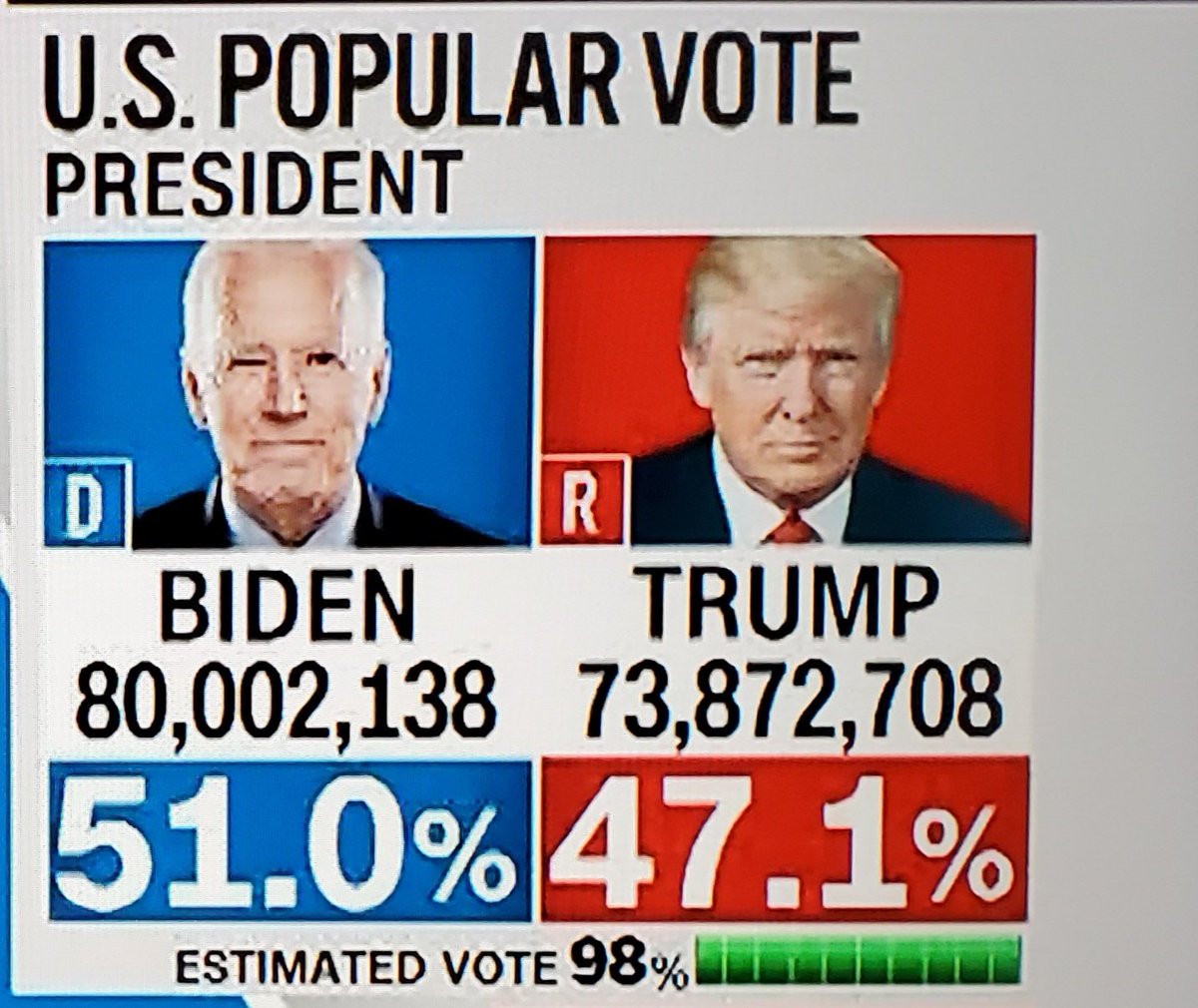Not where I live.You can very easily.... EASILY live a 1960s life style on minimum wage today.
As I recall, in 1967 the California minimum wage was $1.75 a hour; my rent was $75 a month in Santa Monica which was (and is) a relatively high rent area. My car was 7 years old, and a single minimum wage job allowed me to pay it off and maintain it. I haven't been able to afford a car since 1993. My home technology was limited to a landline and a radio. Today in California the minimum wage is $12 an hour, and it would barely cover the market rent on any apartment similar to the one I lived in half-a-century ago.
Nothing like government regulations to boost your rent, eh?







